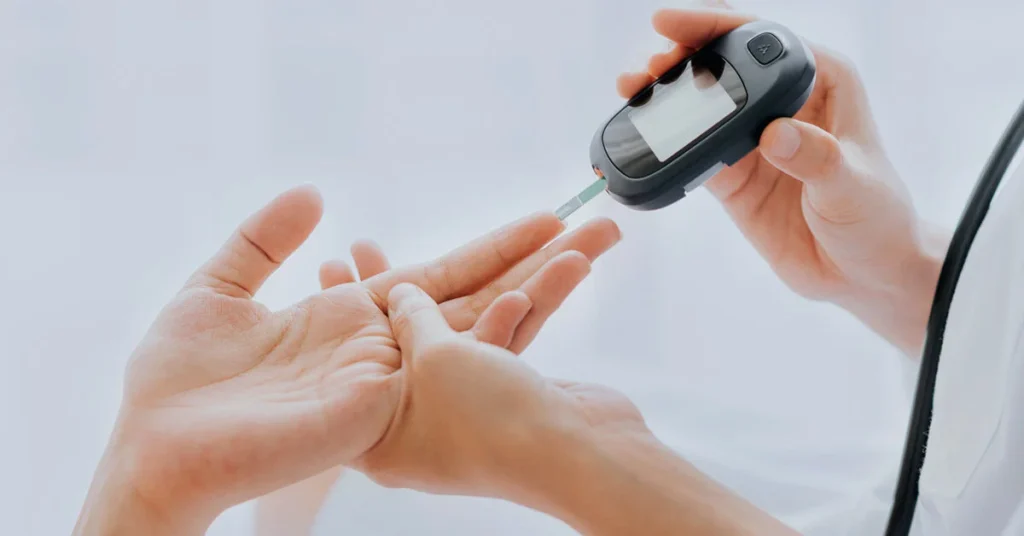- drambalkar@yahoo.co.in
- Mon - Sunday 10:00 AM - 02:00 PM
Ayurvadic Teatments For Diabetes
What is Diabetes

Diabetes is a disease characterized by high blood sugar levels due to insufficient insulin production or ineffective insulin usage by the body. Glucose, the main source of energy, comes from the food we eat and is normally transported into cells by insulin.
In diabetes, either the pancreas doesn’t produce enough insulin or the body doesn’t use it effectively, causing glucose to accumulate in the bloodstream instead of reaching the cells. This condition can lead to complications such as damage to the eyes, kidneys, nerves, and heart, as well as an increased risk of certain types of cancer.
Managing or preventing diabetes through lifestyle changes can help reduce the risk of associated health problems.
Type Of Diabetes
There are several types of diabetes, including:
Type 1 Diabetes
This type occurs when the immune system mistakenly attacks and destroys the insulin-producing cells in the pancreas. As a result, the body produces little to no insulin. Type 1 diabetes usually develops in childhood or adolescence, and individuals with this type of diabetes require daily insulin injections or the use of an insulin pump to survive.
Type 2 Diabetes
This is the most common type of diabetes, accounting for the majority of cases. In type 2 diabetes, the body either doesn't produce enough insulin or becomes resistant to the insulin it produces. It is often associated with lifestyle factors such as obesity, physical inactivity, and poor diet. Type 2 diabetes can be managed through lifestyle changes, oral medications, and in some cases, insulin or other injectable medications.
Gestational Diabetes
This type of diabetes develops during pregnancy and usually resolves after childbirth. It occurs when the hormones produced during pregnancy interfere with insulin action, leading to high blood sugar levels. Gestational diabetes requires careful monitoring and management to ensure the health of both the mother and the baby.
Other Types
There are other less common types of diabetes, including prediabetes (a condition where blood sugar levels are higher than normal but not high enough for a diabetes diagnosis), monogenic diabetes (caused by genetic mutations), and secondary diabetes (caused by certain medications, illnesses, or medical conditions).
Causes Of Daibetes
Any of the below factors or their combined mechanisms can cause diabetes.
-
In most of the cases of diabetes. precise cause is not known.
-
Genetic factors - some genetic factors like HLA linked genetic predisposition are responsible.
-
the institution where constant research is going on treatment
-
the institution where constant research is going on treatment
Symptoms of the Diabetes
Polyurea (frequent urination ), polydipsia (Frequent thirst), nocturia (frequent urination during night ). More severe cases may present with rapid weight Loss. Loss of skin turgor (texture). sweet acetone smel of breath, obesit. chronic fatigue (early tiredness )
Giddiness, painful and weakness of legs, repeated skin sepsis (boils), frequent fo genital tract Sometimes patients may not show symptoms related to diabetes due to its early or late complecations like foor ulcerations, nonhealing wounds, cataracts in the eyes, retinapathies and peripheral neuropathies.

Treatment of Diabetes
Type I: Due to absolute deficiency of insulin these patients are to be kept on insulin to control the diabetes.
Type II: Many anti diabetic oral drugs are available to increase the sensitivity of insulin to target tissues. Insulin can be given along with these drugs, if required.
Dietary restrictions are necessary along with the drug treatment of diabetes. Strict monitoring is necessary during the treatment to achieve the perfect control over blood glucose level and to prevent serious complications of diabetes.

Problems Related with Above Treatments
- Gradual decrease in the potency of the drugs to maintain the glucose level and to use new drugs or different drug combinations.
- Frequent changes of the drugs is necessary with monitoring of the blood glucose levels to avoid side effects
- Irregular intake of medicines and non – compliance of dietary restrictions by patients may require insulin therapy.
- Patients have to undergo frequent investigations regarding glucose levels and strict vigilance over early complications.
- Patients are dis comfortable with the insulin injections and their frequency of administration.
- It is to be noted that by getting patients compliance and consistency the above problems can be overcome.
- After all, there is no cure for diabetes and only life long control is possible in modern medicine.
- After reviewing the problem of diabetes and its available treatments in modern medicine, Ayurvedic Research Centre (ARC) has made a research for Ayurvedic medicine and after a series of trials, has successfully launched the Avurvedic medicine ‘D-Mol.’
- D-Mol is a well balanced combination of herbs, which increases glucose utilization in tissues and reduces the glucose level in the blood.

Book An Appointment Now

Get in Touch with us Today to Begin Your Journey of Transformation

Navigation
Popular Services
- SCALP PSORIASIS
- GUTTATE PSORIASIS
- PLAQUE PSORIASIS
- PALM PLANTER PSORIASIS
- NAIL PSORIASIS
- INVERSE PSORIASIS
- PUSTULAR PSORIASIS
- ERYTHRODERMIC PSORIASIS
Contact Us
- Dr.Ambalkars Aayurvedic Research Centre, ARC Bhavan, Vijay Vihar Complex, Evershine City, Last Stop, Vasai (E)
- drambalkar@yahoo.co.in
- +91 9320193201
- +91 9766362776

Copyright © 2021 Ayurvedic Research Center, All Rights Reserved